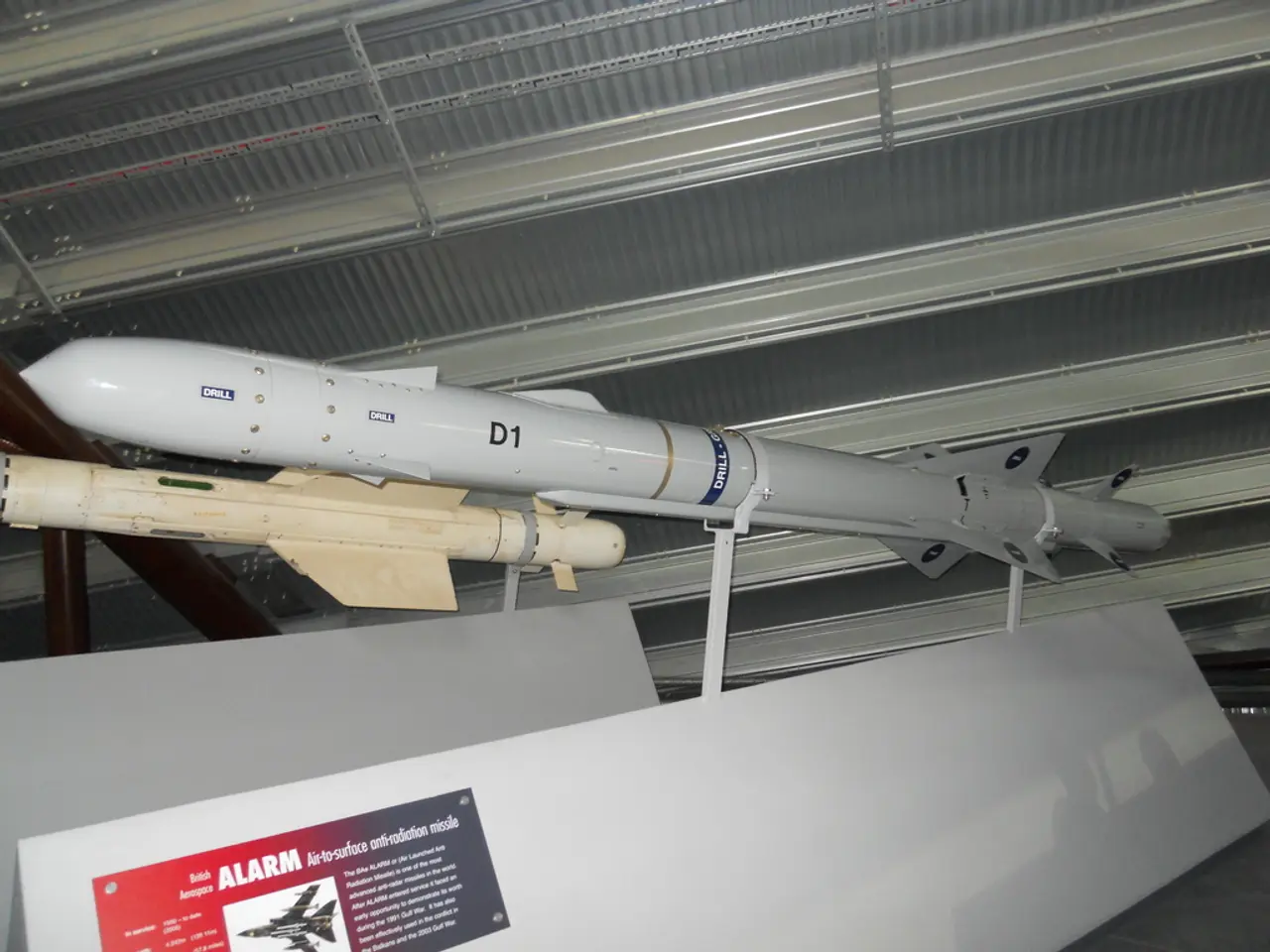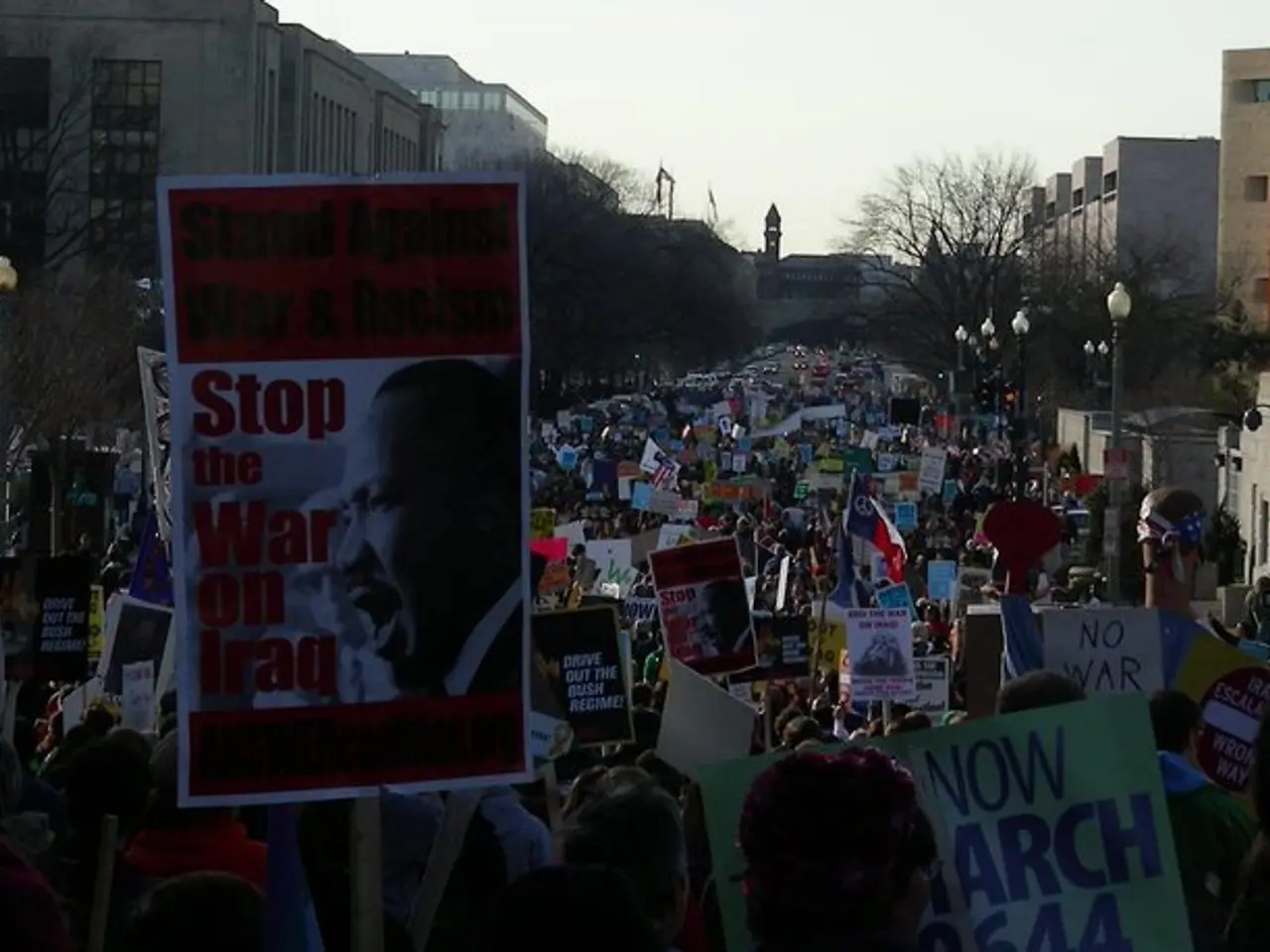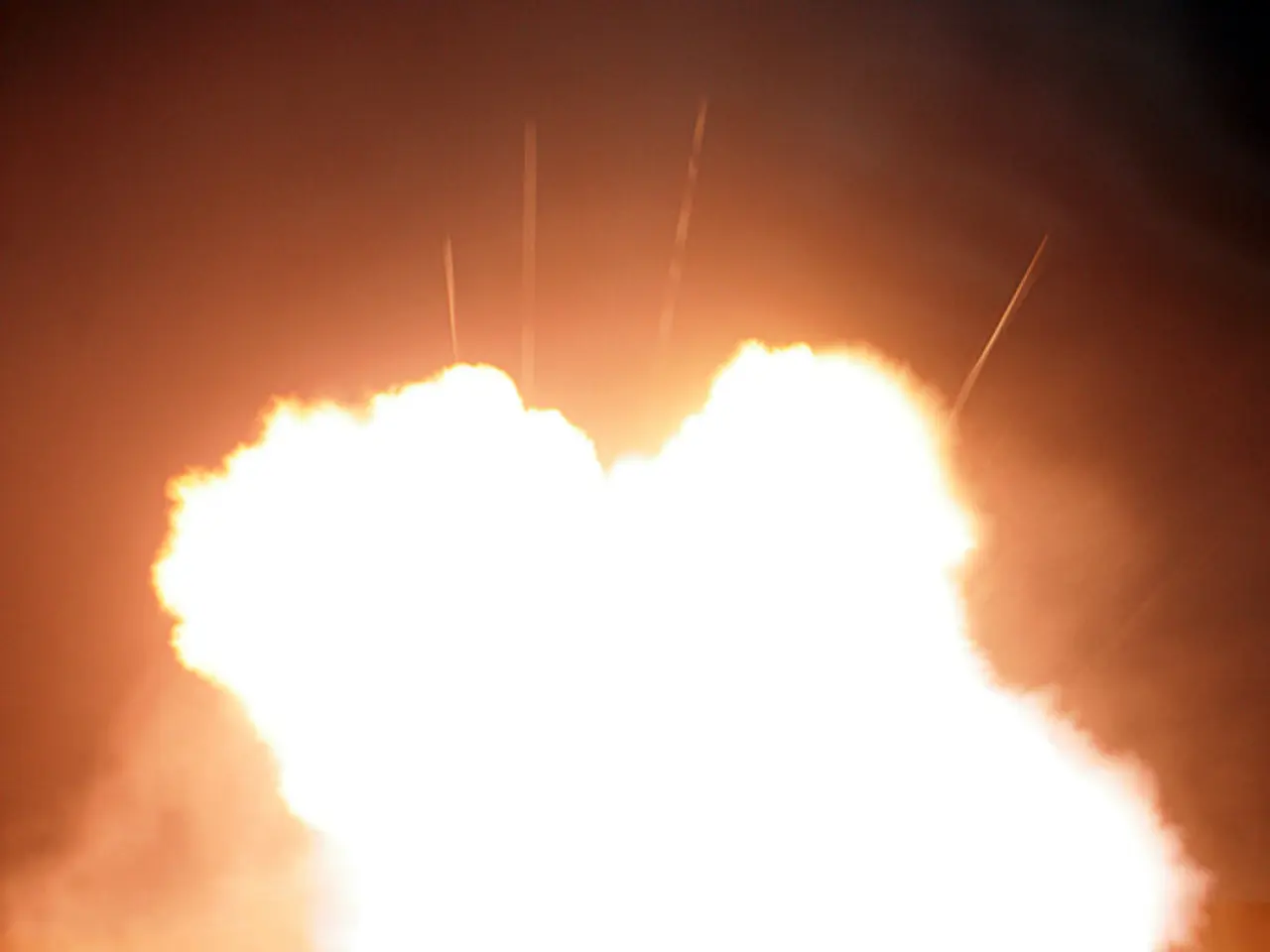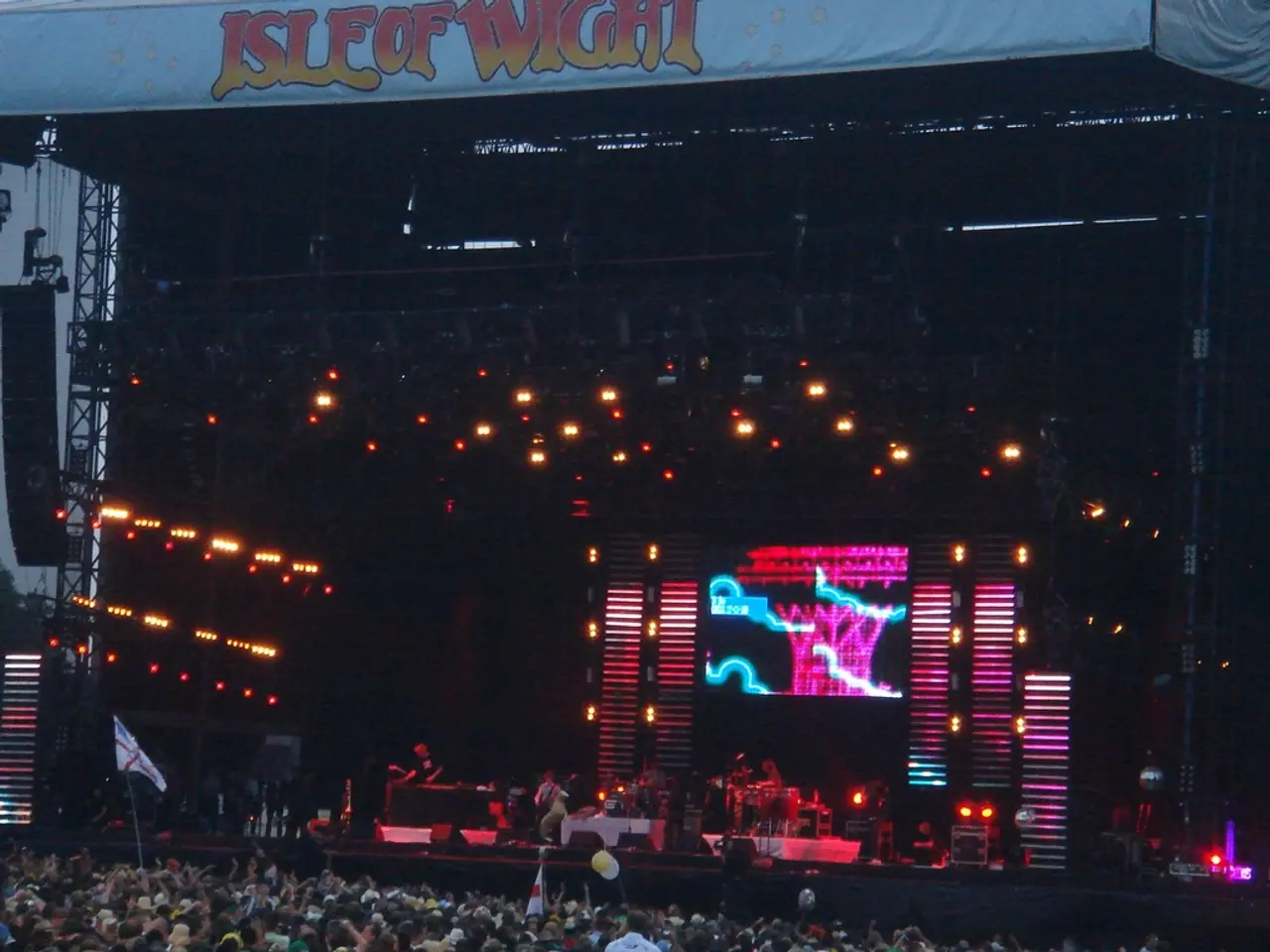Officials Near the Kremlin Do Not Perceive Trump's Threat as Risksome
In a recent development, US President Donald Trump has ordered the deployment of two nuclear submarines near Russia. These submarines, often referred to as SSBNs or "boomers," play a crucial role in the US nuclear triad by remaining hidden underwater, ready to respond with a second-strike if the US is attacked first.
The Kremlin, however, does not seem overly concerned about this deployment. This is because the submarines' mission is understood to be defensive and deterrent, fitting within established deterrence paradigms and signaling practices in the nuclear superpower competition.
Leonid Ivlev, a former general and Duma deputy, has stated that this deployment is not a threat to Russia's security. Other analysts, such as Yuri Fyodorov, while viewing the deployment as a potential threat, acknowledge its role in mutual deterrence.
The EU-produced Kremlin-critical Russian YouTube channel The Breakfast Show features Yuri Fyodorov, who believes that if the submarines take up position off Cyprus, their nuclear missiles can reach central Russia in 10 minutes. However, Fyodorov also notes that even if Vladimir Putin is in his residence in Novo-Ogaryovo on the outskirts of Moscow, he would not have time to react before his residence is turned into a nuclear crater.
Despite these concerns, there appears to be a lack of reaction from the foreign ministry or other Russian leadership bodies. This could be due to the understanding that the deployment is within the framework of longstanding military posturing to deter nuclear war, rather than an escalatory move aimed at immediate conflict.
Some analysts, like Sergei Markov, have criticised Trump's actions as "stupid and irresponsible." Markov, who wrote on Telegram, also sees Trump's actions as an attempt to distract from his domestic political problems, including his role in the investigation into sex offender Jeffrey Epstein.
As the world watches this development, there is an importance for an agreement between Moscow and Washington to end all talk of a third world war. The Kremlin and former President Dmitri Medvedev, vice-chairman of the national security council, have remained silent about the deployment, adding to the uncertainty surrounding this strategic move.
- The recent deployment of US nuclear submarines near Russia, despite being viewed as a potential threat by some analysts, is generally understood as a defensive and deterrent policy-and-legislation move, falling within established war-and-conflicts policy paradigms and signaling practices in the nuclear superpower competition.
- The Kremlin, amidst the deployment of US nuclear submarines near Russia, has neither reacted nor issued any statement, possibly indicating that they recognize this move as part of the conventional war-and-conflicts politics of mutual deterrence rather than an immediate cause for war-and-conflicts escalation.








